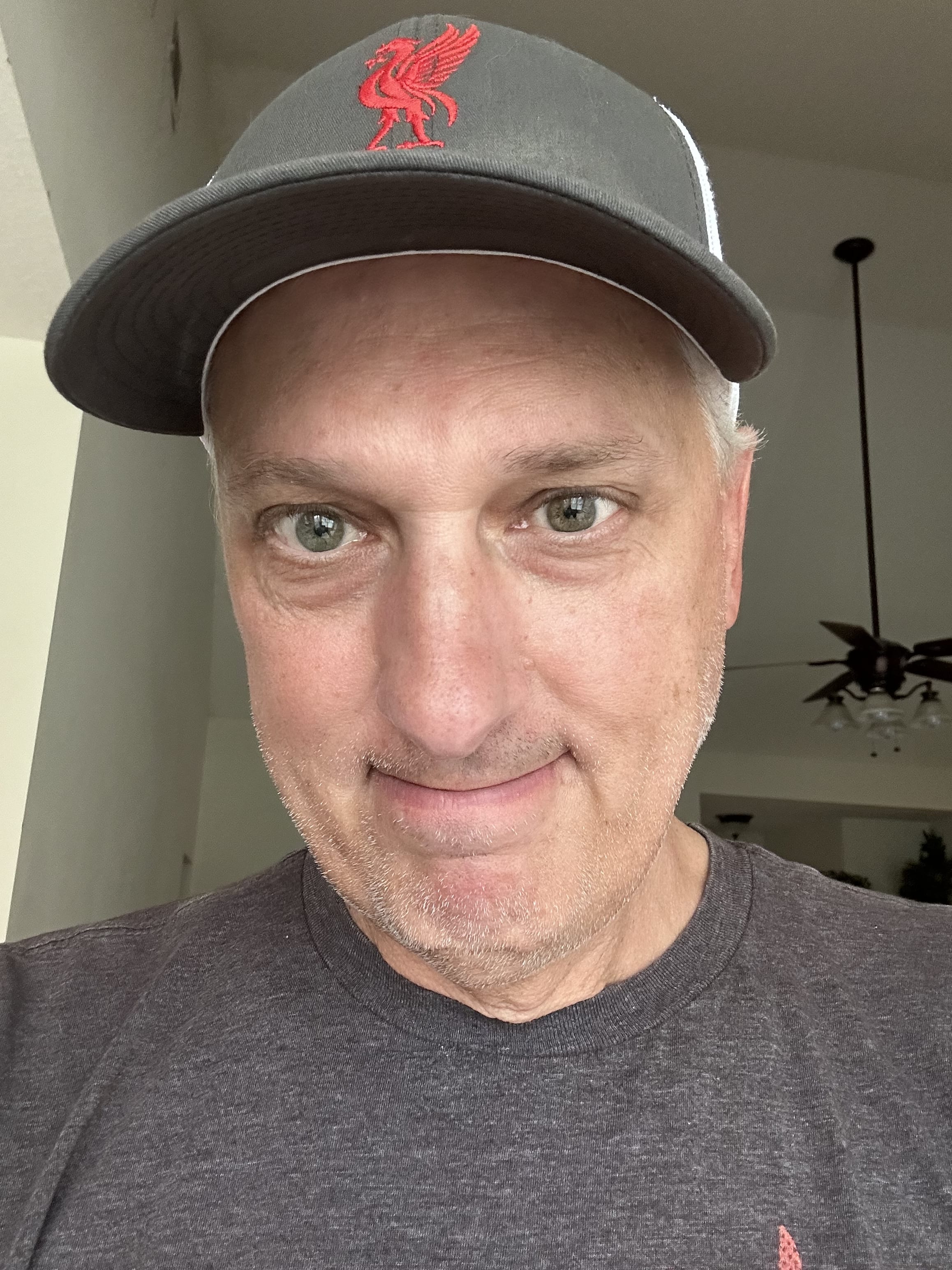AUBURN | Did the Toomer’s Corner roll good?
Indeed it did, and it surely was a sight for sore eyes.
Auburn’s iconic oak trees got a pretty good rolling Wednesday night after the men’s golf team won their first-ever national championship, and again Friday when the team returned for a Toomer’s celebration.
The same could be said in March when men’s basketball made its run to the SEC Tournament championship.
It’s been a long road for the Auburn oaks since the original 73-year old trees were poisoned by a deranged Alabama fan in 2010.
New oaks were planted in 2015 but were removed after one was set on fire in 2016 and the existing ones were planted in 2017.
Six years later in August of 2023, they were finally cleared for rolling and the return of one of the most iconic traditions in college sports.
And it’s come just in time for Auburn athletics to get rolling again.
The men’s and women’s golf teams should be in contention again next season, equestrian and gymnastics are strong programs and seemingly other programs are on the rise such as women’s basketball.
But there’s a couple of other sports, the ones that bring out the massive Toomer’s celebrations, that could be on the cusp of big achievements.
That’s what Auburn’s really been missing.
Just this century, there’s been the undefeated SEC champions in 2004, there were six consecutive wins over Alabama, three wins over top 5 Florida teams, a national championship in 2010 and the Kick Six in 2013.
Let’s not forget the Final Four run in 2019 and SEC regular season championships in 2018 and 2022.
Those were unforgettable moments and spectacular celebrations at Toomer’s Corner.
And as we look toward 2024-25, Bruce Pearl will field one of his strongest rosters in his 11th season.
Hugh Freeze appears poised to take Auburn’s football program a step forward this fall and an even bigger step in 2025 with another highly-rated recruiting class on board.
Best start stocking up on that toilet paper now.
*** Monday musings is brought to you by Uncle Keith's Red Sauce. I was a customer before bringing them on as a sponsor and I was hooked after the very first taste. It's available in original and hot and can be found in Publix throughout the state of Alabama along with select Piggly Wiggly's, Renfroe's, the Kroger's in Auburn/Opelika and on-line. Uncle Keith's Red Sauce was born right here in the state of Alabama. ***
In today’s musical journey, we go back 54 years to the day a lead singer from a British band had to fly from New York to London and back for a second time to re-record a line from a song in order for the BBC to play it on air. On June 3, 1970, the Kinks lead singer Ray Davies made the nearly 7,000-mile round trip to change a lyric from their hit song, “Lola,” to "Where you drink champagne and it tastes just like cherry-cola." The original lyric included, “tastes just like Coca-Cola,” but the BBC had a rule against airing songs that included brand names. The Kinks had to interrupt their U.S. tour twice for Davies to make the trip. The first came after a concert in Minnesota on May 23 but Davies wasn’t satisfied with the re-recording and made the trip again 11 days later. Ironically, the song was banned by some radio stations in Australia due to its theme of a relationship with a trans woman and many U.S. stations faded out the final line of the song, which goes, “Now I'm not the world's most masculine man, but I know what I am and I'm glad I'm a man, and so is Lola.” Ray Davies wrote the song and his brother, Dave Davies, the music. Ray said he was inspired to write the song after the band’s manager, Robert Wace, spent night out in Paris dancing with a cross-dresser. The Kinks drummer Mick Avory said the song was inspired by one of the band’s fans, who would often invite them to secret clubs where there would be drag shows. The first version of the song, which included Coca-Cola, peaked at No. 9 on the U.S. Billboard 100 while the edited version made it to No. 2 on the UK Singles Chart. It’s ranked No. 385 on Rolling Stone’s list of the 500 Greatest Songs of All Time.
The Davies brothers grew up in the Muswell Hill suburb of London forming their first band at school along with a classmate, bass guitarist Pete Quaife. Another classmate, Rod Stewart, served as the lead singer of the group for a short period until forming his own band. In 1964, Avory joined and they officially became the Kinks, and had their first hit single, “You Really Got Me,” which hit No. 1 in the UK and No. 7 in the U.S. Later that year, they released their first album, Kinks, and had four more hit songs: “All Day and All of the Night,” “Tired of Waiting for You,” “Ev’rybody’s Gonna Be Happy” and “Set Me Free.” The band went on to produce 24 studio albums and had several more hit singles including 1965’s “A Well Respected Man,” 1966’s "Sunny Afternoon” and 1983’s “Come Dancing.” Quaife was replaced by John Dalton in 1969 and Avory left the the band in 1984. The Kinks officially broke up in 1996, making their final performance during Dave Davies’ 50th birthday party at the Clissold Arms pub, which is right across the street from their childhood home and where they first played together as a group. The Kinks, considered one of the most influential bands of the 1960’s, have sold more than 50 million records worldwide and were inducted into the Rock and Roll Hall of Fame in 1990.
